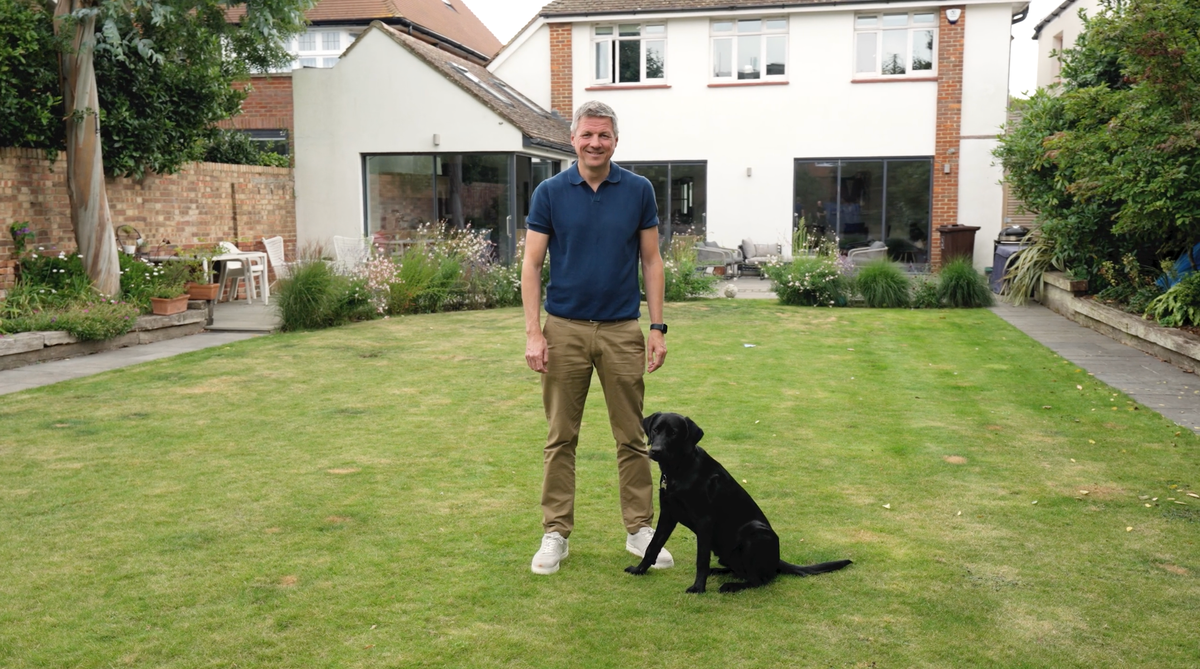Recent studies have identified the estimated period in ancient times when humans initially developed language.
According to research conducted by Steven Mithen, a British archaeologist, it is believed that early humans began to create basic forms of language approximately 1.6 million years ago, in either eastern or southern Africa.
Dr Mithen, a professor of early prehistory at the University of Reading, explains that the development of speech was a crucial factor in enabling human physical and cultural evolution. This is why determining the origins of language is of great significance.
Experts studying human evolution previously believed that humans developed the ability to speak approximately 200,000 years ago. However, a recent study conducted by Professor Mithen has revealed that early human language may have originated much earlier, possibly dating back eight times as far. The findings were published this month and are supported by a thorough examination of multiple types of evidence, including archaeological, paleo-anatomical, genetic, neurological, and linguistic data.
When combined, all the evidence suggests that the birth of language occurred as part of a suite of human evolution and other developments between two and 1.5 million years ago.
During the time span of 2 million BC, the size of the human brain experienced a considerable growth, with the most significant increase occurring after 1.5 million BC. This was accompanied by a restructuring of the internal components of the brain, including the emergence of the frontal lobe region. This area is specifically associated with language production and comprehension, and is referred to by scientists as Broca’s area. It appears to have developed from previous structures that were responsible for early humans’ communication through hand and arm movements.
Olduvai Gorge in Tanzania is famous worldwide for its archaeological evidence of the Stone Age and is believed to be one of the places where humans first developed language.
Recent scientific studies indicate that the development of Broca’s area may have been connected to enhancements in working memory, which is essential for constructing sentences. However, there were other evolutionary advancements that were necessary for the emergence of basic language skills. The evolution of a more advanced type of bipedalism, approximately 1.8 million years ago, and modifications to the shape of the human skull likely initiated the changes in the vocal tract, which enabled the ability to speak.
Additional significant proof indicating that approximately 1.6 million years ago is when humans first began speaking can be found in the field of archaeology. In comparison to other creatures, humans were not known for their physical strength. In order to thrive and succeed, they had to find ways to make up for their relatively weaker bodies.
An artist’s recreation of Homo erectus, now thought to have developed humanity’s first rudimentary language around 1.6 million years ago
In terms of evolution, it is highly likely that language played a role in compensating for physical strength. This was necessary for early humans to effectively hunt large animals or defend themselves against strong animal competitors. The development of language was essential in facilitating group planning and coordination. Research shows that human hunting activities began approximately 2 million years ago, but became significantly more active around 1.5 million years ago. It was also during this time, 1.6 million BC, that more advanced stone tool technology was created and transmitted between generations, strongly suggesting the presence of speech.
Additionally, the use of language was likely essential in aiding human survival in varying environmental and climate conditions. It is highly probable that this played a significant role in the significant increase of human colonization around 1.4 million years ago, which coincides with the estimated emergence of linguistic communication. The development of language allowed humans to achieve three critical abilities: the ability to envision and strategize for future events, as well as the ability to share and transmit knowledge.
“That’s how language changed the human story so profoundly,” said Professor Mithen. His new research, outlined in a new book, The Language Puzzle, published this month, suggests that before around 1.6 million years ago, humans had had a much more limited communication ability – probably just a few dozen different noises and arm gestures which could only be deployed in specific contexts and could not, therefore, be used for forward-planning. For planning, basic grammar and individual words were needed.
The Richat Structure, located in the Sahara Desert, was a prominent location for Homo erectus for making tools and hunting during prehistoric times.
According to Professor Mithen’s research, there is evidence of a link between early human languages and contemporary ones. It is believed that certain elements of the first linguistic development from 1.6 million years ago have endured in modern languages. This suggests that early humans likely used words that physically described the objects they represented, either through their sounds or length.
In the future, researchers may be able to hypothetically duplicate the possible organization and structure of the original languages. While the origins of language date back 1.6 million years, this marked the start of linguistic evolution rather than its peak.
Over the course of hundreds of thousands of years, language slowly evolved and became increasingly intricate, reaching high levels of complexity with the appearance of anatomically modern humans approximately 150,000 years ago.
Source: independent.co.uk



